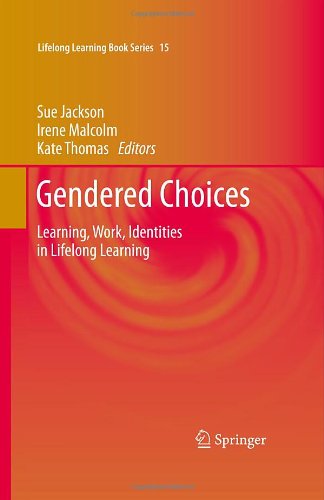

Most ebook files are in PDF format, so you can easily read them using various software such as Foxit Reader or directly on the Google Chrome browser.
Some ebook files are released by publishers in other formats such as .awz, .mobi, .epub, .fb2, etc. You may need to install specific software to read these formats on mobile/PC, such as Calibre.
Please read the tutorial at this link: https://ebookbell.com/faq
We offer FREE conversion to the popular formats you request; however, this may take some time. Therefore, right after payment, please email us, and we will try to provide the service as quickly as possible.
For some exceptional file formats or broken links (if any), please refrain from opening any disputes. Instead, email us first, and we will try to assist within a maximum of 6 hours.
EbookBell Team

4.8
24 reviewsThis important book breaks new ground in addressing issues of gendered learning in different contexts across the (adult) life span at the start of the 21st century. Adult learning sits within a shifting landscape of educational policy, profoundly influenced by the skills agenda, by complex funding policies, new qualifications and the widening/narrowing participation debate. The book is unique in highlighting the centrality of gendered choices to these developments which shape participation in and experiences of lifelong learning.
Gendered Choices critically examines the continued expansion of a skills-based approach in areas of lifelong learning, including career decisions, professional identities and informal networks. It explores key intersections of adult learning from a gender perspective: notably participation, workplace learning and informal pathways.
Drawing on research from a range of contexts, Gendered Choices demonstrates that for women the public/private spaces of work and home are often conflated, although the gendering of ‘choice’ has largely been ignored by policy makers.
The themes of the book bring together some of these critical issues, explored through the multiple and fractured identities which constitute gendered lives. The book addresses these in an international context, with contributions from Canada, Spain and Iran that provide a wider international perspective on shared issues.